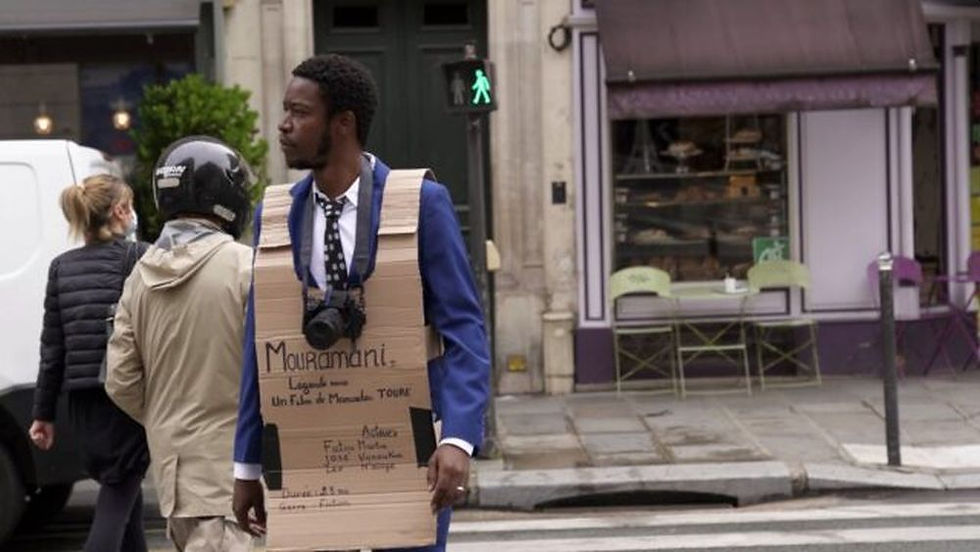Film Review: The Cemetery of Cinema (dir. Thierno Souleymane Diallo)
- glenndunks
- May 16, 2023
- 3 min read
Screened at Hot Docs 2023.

Littered across Africa are empty buildings that once housed cinemas. What’s left are dirty and tattered screens, rusted projectors and deteriorating film prints of local titles. In one case, they even find a pornography reel for the adults later in the evening (and peeping teens hiding in the trees that decorated and lined the venue). Appropriate content or not, nany young African boys and girls will not understand the thrill of the movies, entertainment left to pirated DVDs and satellite television.
Thierno Souleymane Diallo’s The Cemetery of Cinema (Au cimetière de la pellicule) does a better job of capturing “the magic of the movies” better than most filmmaker biopics or golden age follies. As he sets out to find the first film ever made by somebody from French-speaking Africa, he finds many fissures to explore, some of which have their start as far back as the 1950s yet which continue to echo for lovers and scholars of African cinema.
Mouramani was made in 1953 in France before Guinean independence by Diallo’s fellow Guinean director Mamadou Touré. Rarely touted as the first African film due to its inaccessibility and no lasting cultural footprint. Diallo scours Guinea and later France to find a print of the film, and it is a familiar passage for many interested in the quest of lost films and passionate about film archival. In one interview he is told in no uncertain terms that a copy of this film just does not exist in Guinea. How can he expect it to? It’s impossible. “We have no culture of archives.” That interview is discussing Guinea, and probably to many African nations in general. But it also rings true to the broader artistic culture by a society who seem to believe that art just manifests itself, that its creators ought not be compensated, and that if it exists digitally then it can and will live forever. And so to the infrastructure itself. As he treks across his country, Diallo hears stories of towns that literally had to dig giant holes behind the theatres just to bury film prints that were turning sour in the terrible storage conditions. A true cemetery of cinema.
In my favourite scene, Diallo speaks to a classroom with an interest in film. They can barely list ten Guinean filmmakers from history. He hands them cardboard cameras with which the students go out into the streets and ‘film’ life around them, using these handmade units to try and see the world in a different way. A cinematic way. A way that could capture the most mundane of tasks (goats feeding on leaves, for instance) and make it alive and speak to an audience who have never seen their existence put on screen before.
At just 95 minutes, The Cemetery of Cinema doesn’t have the option to waste its time. Where others may have wanted to be mournful and contemplative; Diallo manages to achieve a suitably curious and sorrowful tone while also remaining nimble and at times even playful. Particularly as he tries to emphasise just how important such a relic is to anybody who’ll listen (and even those who won’t). Amplified by Dom Peter’s wonderful, eclectic score (he is of the French dub group High Tone), Diallo achieves exactly what his subjects tell us cinema can do. I can only hope people get to see it theatrically. As one French cinema operator states, “showing revolutionary films on a MacBook is absurd.”



Comments